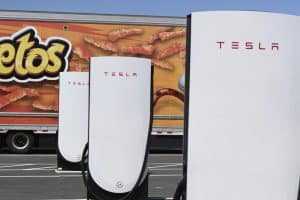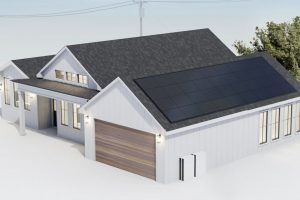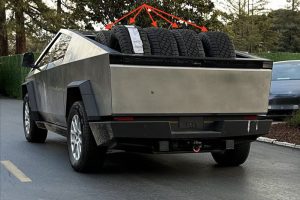Tesla’s lofty goals for its Full Self-Driving suite were recently reiterated by CEO Elon Musk, who noted that ultimately, the company is looking to develop a driver-assist system that is about 10x safer than the average human driver. With this level of safety achieved, regulators would likely be incentivized to allow FSD to operate as a hands-off system on public roads.
Musk’s recent comments came on the heels of his previous statements about FSD Beta 9.2, which the CEO noted is not really that impressive in the grand scheme things. In response to this, some FSD Beta members poked fun at the CEO’s statement by posting videos of the advanced driver-assist system driving for extended periods of time without requiring any interventions. Musk then reiterated the company’s target of making a driver-assist suite that is 1000% safer than human drivers.
Tesla’s Autopilot and FSD systems, when used properly, have already saved numerous lives over the years. In the first quarter of 2021 alone, Tesla registered one accident for every 4.19 million miles driven in which Autopilot was engaged. Even those that were driving with no Autopilot but with active safety features engaged only recorded one accident for every 2.05 million miles driven. In comparison, the NHTSA’s most recent crash data states that one automobile accident is recorded in the United States every 484k miles.
It’s pretty difficult to truly appreciate how advanced Tesla’s Autopilot and FSD Beta really are, especially compared to other driver-assist features that rival automakers are currently developing. This was something that became evident recently when automotive teardown expert Sandy Munro took Ford’s BlueCruise system for a test drive. Despite Ford promoting BlueCruise as a “hands-off” solution in select areas of US freeways, Munro quickly found out that the system requires manual interventions when navigating even moderate turns.
Tesla’s Autopilot and FSD Beta are formally classified as an SAE Level 2 system. The company also makes it a point to note that drivers must have their hands at the steering wheel so that they could manually intervene at any time. This strategy seems quite unique to Tesla, as other companies like Mercedes-Benz seem comfortable enough to release SAE Level 3 systems that could only operate under very limited conditions. Tesla, on the other hand, may require drivers to have their hands at the wheel, but its Autopilot and FSD systems are already capable of navigating a good number of roads and conditions today.





